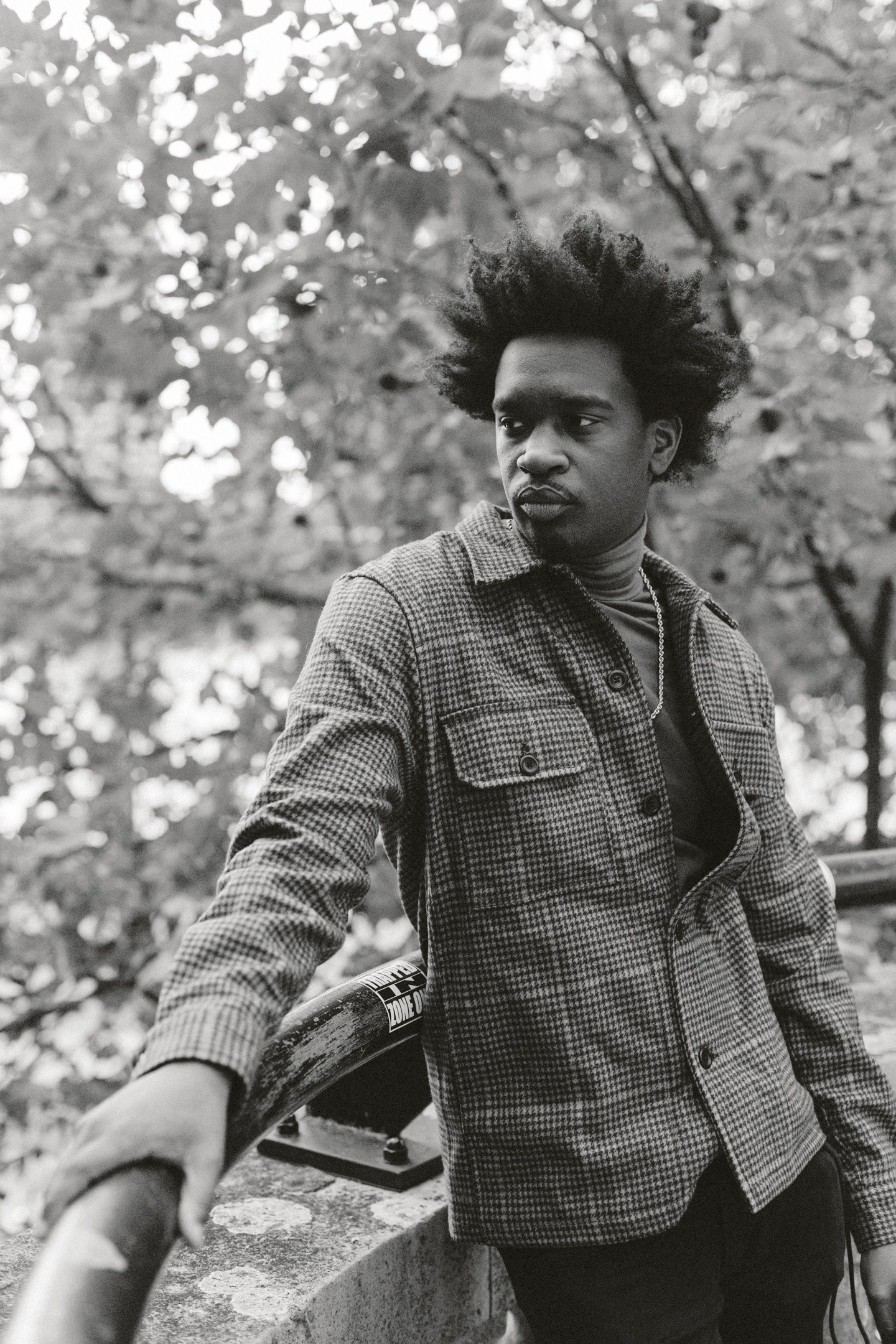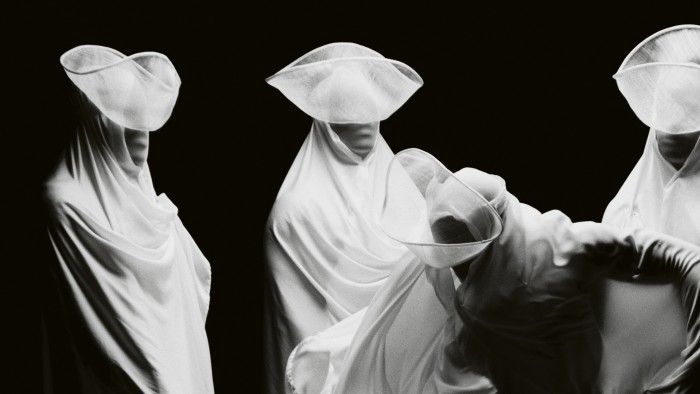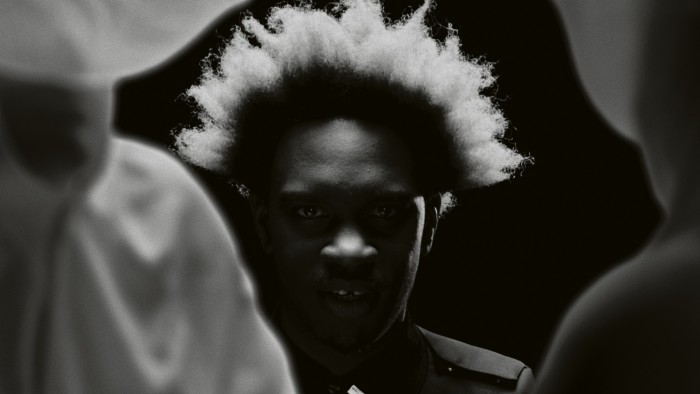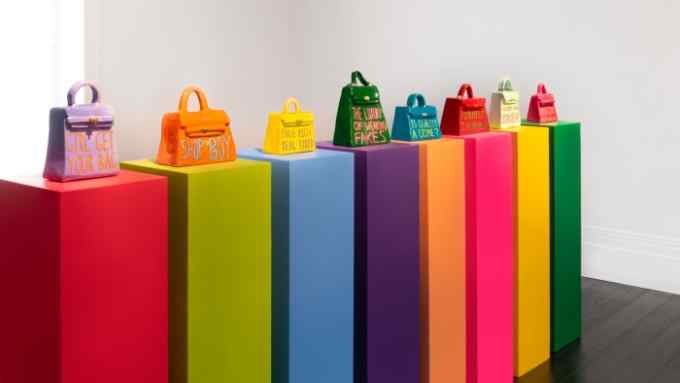The poet who talks to walls

Roula Khalaf, Editor of the FT, selects her favourite stories in this weekly newsletter.
“I like the way Luis Barragán or Frank Lloyd Wright frame,” writes Rhael Cape in his poem “The Absence of Light”. “The way light is threaded, sewn and embroidered into the fabric of their buildings.” The spoken-word artist, 36, who performs under the name LionHeart, uses verse to explore the way architecture can make us feel, influence our behaviour, and affect our mood. “It’s about finding poetic resonance through the conceptual intentions of space design,” he says.
An honorary fellow of the Royal Institute of British Architects, Cape has been poet in residence at cultural organisations including the Saatchi Gallery and 180 The Strand, and is currently associate artist at the Royal Albert Hall. Last year he created Those With Walls for Windows, a meditation on the laws of freedom, that drew on the way memory and imagination play a role in urban planning, for the Venice Biennale of Architecture. The poet has three films planned for release this year and next.
“[Cape’s] work takes architecture out of the conventions of planning, building legislation and code and speaks to something that’s much more primordial,” says Lesley Lokko, the curator of the Biennale. “It’s about being on accepting ground and multiple narratives. It’s about belonging.”
Cape grew up in Kentish Town; his father and grandfather are architects in Grenada and, initially, Cape followed in the family tradition, studying architecture at the University of East London. It was here he was introduced to the spoken-word circuit. Poetry offered solace from the pressures of student life. “I’m a hyper-introspective person, which can be great for art, but when you’re feeling isolated in a place where so many people are friends with each other…” he recalls. He remembers going to his first reading, and “just soaking up these poets on stage, pouring out who they were and the clicks, the claps, the jazz band playing over”. He returned the following month to perform.


Cape knitted together his interest in poetry, mental health and architecture in the book The Mute’s Rebellion, which he self-published in 2017. The same year, he began emailing architecture firms, looking to engage them in the more spiritual side of design. Grimshaw, the firm behind Waterloo International Station and the Eden Project, was one of the first practices to respond. Cape became its poet in residence.
This year, he is excited about an event in May at the Royal Albert Hall that will see nine poets share the stage in what he hopes will create a “moment” for the discipline. There’s also his film Sentient Brutalism, which is planned as an immersive experience. “I really wanted to promote the idea of radical possibility,” he says of the film’s subject. “Where can that come from? How can we grasp it?” It’s not something he seems to have trouble doing.

Comments